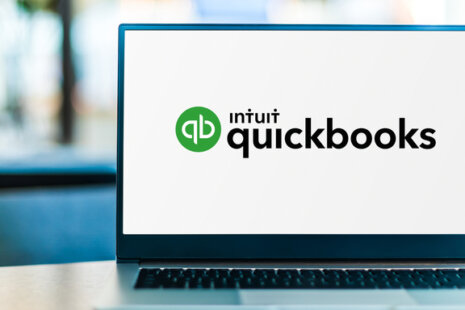The value of a managed services business, like any other business, can vary significantly based on various factors. The valuation of a managed services business typically takes into account both financial and non-financial considerations.
Some key factors that can influence the value of a managed services business include:
- Revenue and Profitability: The financial performance of the business is a crucial factor in its valuation. Prospective buyers or investors often look at the revenue and profitability of the company over a certain period. Businesses with a strong track record of generating consistent and growing revenue tend to have higher valuations.
- Client Base: The quality and size of the client base play a significant role in determining the value of a managed services business. A diverse, long-term, and well-satisfied client base can increase the attractiveness of the business to potential buyers.
- Service Offerings: The range and quality of services offered by the business are important. Businesses that provide a wide variety of managed services, especially those that are in high demand, may command a higher value.
- Recurring Revenue: Businesses that have a substantial portion of recurring revenue, such as subscription-based or contracted services, are often valued more highly. Predictable revenue streams can make a business more stable and less risky.
- Technology and Infrastructure: The technology and infrastructure that the business uses to deliver its services can influence its value. Up-to-date technology, efficient systems, and a strong IT infrastructure can be appealing to potential buyers.
- Employee Expertise: The expertise and experience of the employees, particularly the technical team, can impact the value of the business. A skilled and well-trained workforce can be a valuable asset.
- Contracts and Agreements: The presence of long-term contracts, service agreements, or recurring revenue contracts with clients can enhance the value of the business, as it provides a degree of predictability and stability.
- Brand Reputation: A strong and positive brand reputation in the industry can contribute to a higher business valuation. A well-regarded brand may attract more clients and higher prices for services.
- Competitive Landscape: The competitive environment in the managed services industry can influence the value of a business. Businesses operating in a niche with limited competition may have an advantage.
- Growth Potential: The growth prospects of the business are essential. A business with clear growth potential, such as expanding into new markets or offering new services, may be valued more highly.
- Market Conditions: Economic and market conditions can also impact the value of the business. A thriving market with high demand for managed services can result in higher valuations.
- Legal and Compliance Factors: Any legal or compliance issues can affect the value of a business. Ensuring that the business complies with industry regulations and laws is crucial.
- Geographic Factors: The geographic location of the business can also be a factor. Businesses in areas with a high cost of living or those in high-demand regions may be valued more highly.
Valuing a managed services business is a complex process that often involves a combination of financial analysis and industry-specific factors. It is typically advisable to consult with business valuation experts or mergers and acquisitions professionals who can provide a more precise valuation based on the specific circumstances and market conditions.




